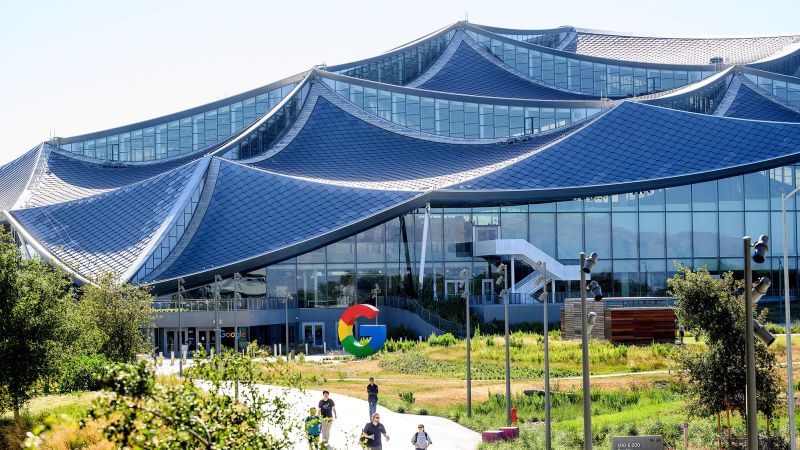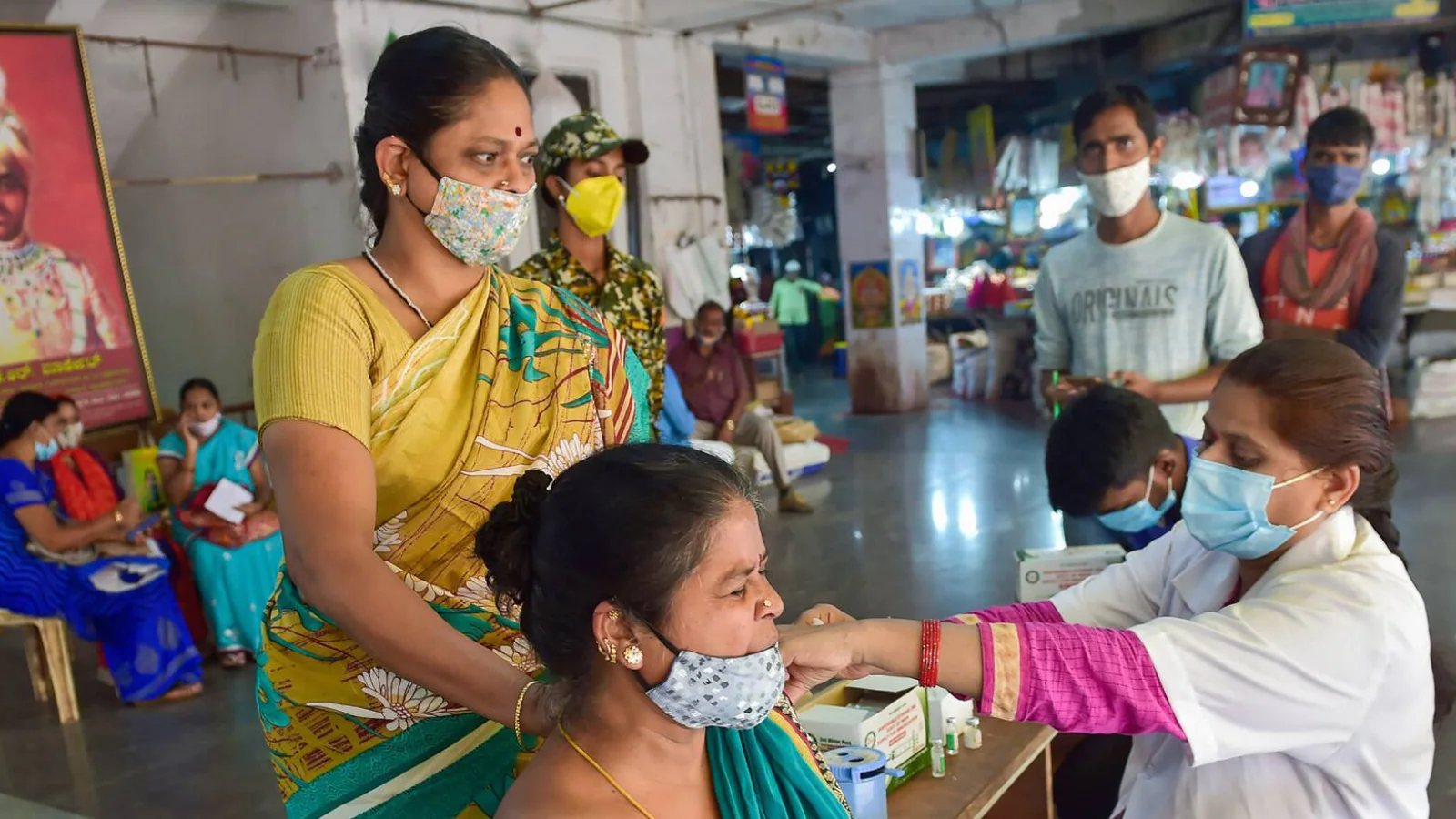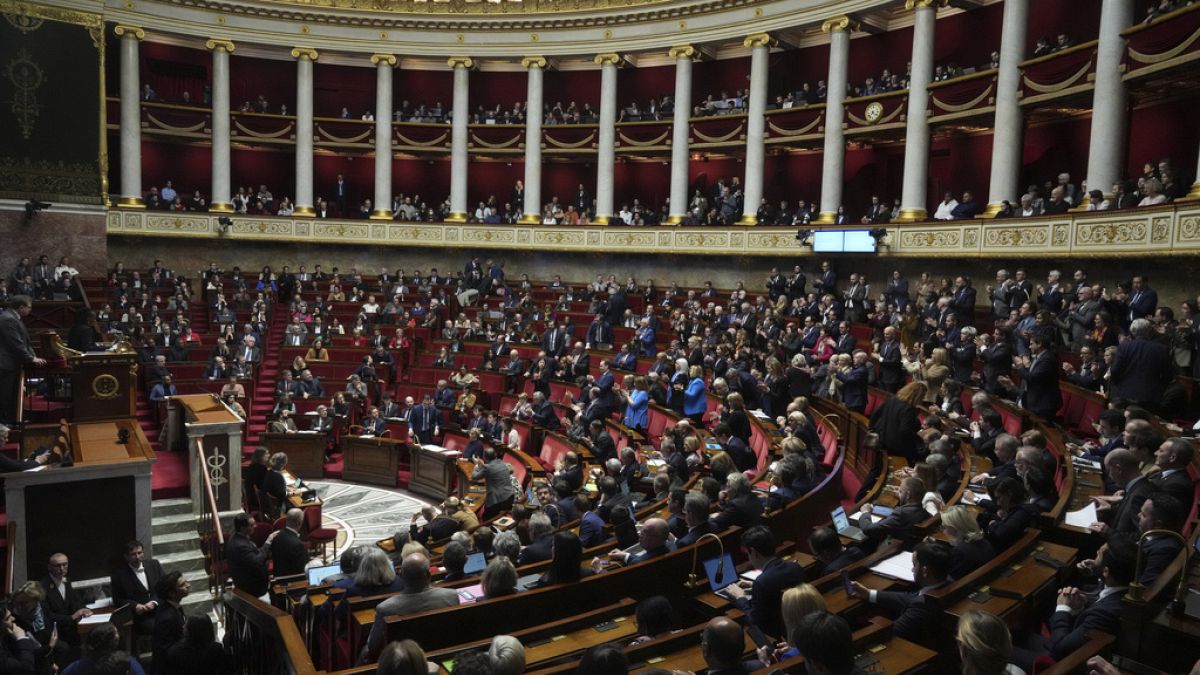Read more
proposal of vaccinating individuals aged 12 to 18 years. At a press conference, the doctors’ body said that cases of the latest variant of coronavirus were reported from a number of major states of India and the tally, which is in the double digits, is bound to increase.
The issue of administering ‘additional’ dose of COVID-19 vaccine to immunocompromised individuals will be deliberated upon in the meeting of the National Technical Advisory Group on Immunisation scheduled to be held on December 6, official sources said.
According to officials, an additional dose of vaccine is different from a booster dose. A booster dose is given to an individual after a predefined period when the immune response due to primary vaccination is presumed to have declined, while additional dose is given to immunocompromised and immunosuppressed individuals when primary schedule of vaccination does not provide adequate protection from the infection and disease, they explained.
Recently, the Serum Institute of India (SII) sought from the drug regulator an approval for Covishield as a booster dose against the novel coronavirus infection. In an application to the Drugs Controller General of India (DCGI), Prakash Kumar Singh, Director, Government and Regulatory Affairs at SII, said UK-MHRA has already approved the booster dose for AstraZeneca ChAdOx1 nCoV-19 vaccine, while citing there is no shortage of Covishield in India and that there is a demand for booster dose from those who have already taken two doses in view of the ongoing pandemic and emergence of new strains.
In its bulletin dated November 29, the Indian SARS-CoV-2 Consortium on Genomics (INSACOG) recommended booster dose of COVID-19 vaccines for those above 40 years with preference to high-risk and high-exposure population. However, on Saturday it said its recommendation was not for the national immunisation programme as many more scientific experiments are required to assess its impact.
Regarding the administration of booster doses, Union Health Minister Mansukh Mandaviya had recently informed the Lok Sabha that the National Technical Advisory Group on Immunization (NTAGI) and the National Expert Group on Vaccine Administration for COVID-19 (NEGVAC) were deliberating and considering scientific evidences related to this aspect.
“For now the issue of booster dose is not on the agenda as studies are being conducted to ascertain its need and value. “The issue of administering additional dose of COVID-19 to immunocompromised and immunosuppressed individuals will be deliberated upon in the meeting of NTAGI which will be held on December 6,” an official source said.
Basically, cancer patients on therapy, transplants patients, AIDS patients, among others, fall in such categories and need additional dose (third dose) vaccine to improve their protection. Even amid emergence of new variants like Omircron, vaccination remains one of the strongest pillars of protection against disease and infection, experts said.
While there is no evidence to suggest that existing vaccines do not work on the Omicron variant of SARS-CoV-2, some of the mutations reported may decrease the efficacy of the jabs, the Union health ministry said while underscoring definitive evidence for the new variant’s increased remission and immune evasion, is awaited.
“While, there is no evidence to suggest that existing vaccines do not work on Omicron, some of the mutations reported on Spike gene may decrease the efficacy of existing vaccines.
“However, vaccine protection is also by antibodies as well as by cellular immunity, which is expected to be relatively better preserved. Hence, vaccines are expected to still offer protection against severe disease and, vaccination with the available vaccines is crucial. If eligible, but not vaccinated, one should get vaccinated,” the ministry said in a list of frequently asked questions (FAQs).
It is important to highlight that Omicron has been declared variant of concern’ (VoC) based on the observed mutations, their predicted features of increased transmission and immune evasion, and preliminary evidence of detrimental change in COVID-19 epidemiology, such as increased reinfections. The definitive evidence for increased remission and immune evasion is awaited, according to the WHO.
Meanwhile, Delhi reported 63 COVID-19 cases and zero death due to the infection while the positivity rate saw a marginal increase to 0.11 per cent from 0.08 per cent the previous day, according to data shared by the Health Department here on Sunday.
The number of cumulative cases of the disease rose to 14,41,358. Over 14.15 lakh patients have recovered so far. The death toll from the pandemic stands at 25,098 in Delhi. Seven deaths linked to the virus were reported in Delhi in November, the highest number of fatalities due to COVID-19 in the last three months in the national capital, according to official data. Delhi had recorded four Covid deaths in October and five in September.
Read all the Latest News, Breaking News and Coronavirus News here.





















Discussion about this post